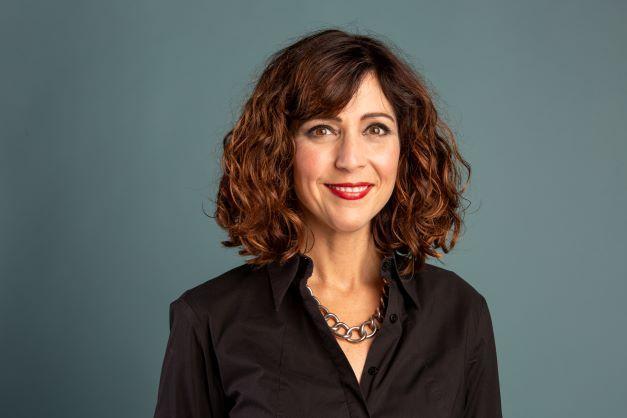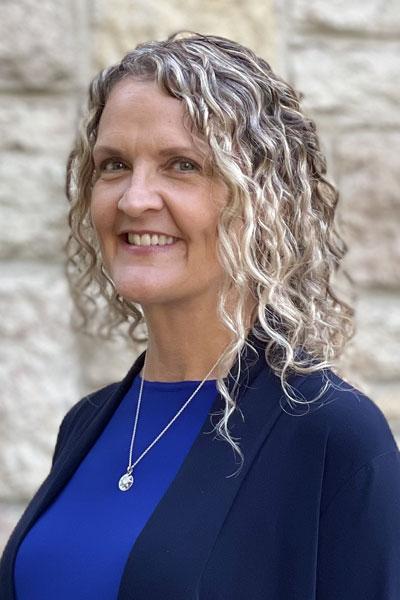
The future of work is changing for Canadians and for the world at large. The Future Skills Innovation Network (FUSION) believes that we can’t prepare our students for the problems of tomorrow without the university evolving in response to the changing work and knowledge economy. In this, FSC and FUSION share key strategic priorities that make us natural partners in this work.
Strategic Plan
Priority #1: Accessible Skills Knowledge and Development
FUSION has focused on providing our most important stakeholder, students, with access to flexible and effective tools to a) learn about the skills that are increasingly essential to future success, b) more rapidly develop these skills, and c) articulate how their FUSION experience has equipped them to successfully navigate a variety of learning, work, and life situations and contexts. We continue to broaden and deepen this impact by expanding the library of FUSION skill resources, by increasing the number of students who have access to FUSION resources, and by continually innovating new strategies to extend the effectiveness of our work. Our commitment to expand the availability of FUSION resources to the broader Canadian higher education ecosystem is a further priority.
Priority #2: Responsive Career Focus
The university provides many opportunities to develop knowledge and expertise that contribute to career learning, planning, and decision-making, but we posit that higher education has an essential role in necessary skills training that prepares students to apply their knowledge and expertise in situations, contexts, and environments beyond the university. While universities have traditionally excelled at delivering high quality curricular content, FUSION expands on this work by integrating skill instruction in the active learning experiences that our participants engage in in their university experience. FUSION has been a catalyst for shifting the conversation of skills development as a core function of our institutions. As we proceed, we are positioned to further integrate skill development with curricular advancement.
Priority #3: Agile Labour Market Response
To date, FUSION has successfully delivered on our initial theory of change—when we collaborate across Canadian university contexts, we can innovate better, scale-up faster, and rapidly learn from the work happening across the network. In the expansion phase of FUSION, we build on this promise by actively working with industry, non-profits, government, and other sectors of the labour market to help produce outcomes explicitly linked to the needs of the employment sector.
Priority #4: “What Works” Replication
Across our institutions, we have gathered quantitative and qualitative data that all point to the same conclusion: participants are more skilled and confident because of their FUSION experience. We also have experienced that our networked approach to radical sharing and innovative implementation works to more rapidly affect the kinds of culture changes that ensure an enduring legacy on how our universities prepare students for the future.
The expansion of the FUSION initiative includes several additions to the initial project aimed at situating our work in the context of systemic challenges in the Canada ecosystem. Our FUSION industry roundtable more directly links the innovation of the network with the specific needs of the employers most likely to engage our graduates. The pan-Canadian nature of our institutional partners helps us prepare our students for success wherever they work—something we recognize as increasingly valuable as Canada’s workforce becomes increasingly mobile compared to generations past.













